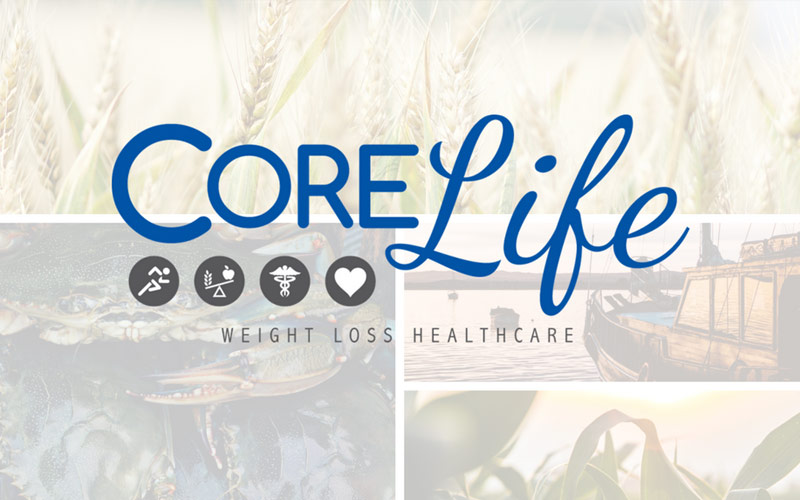Coconut oil has run the gamut from “evil” saturated fat villain, to newest nutrition superpower. Like many things in the nutrition world, the conflicting information can be a bit confusing at best, and downright dangerous at its worst. So, should you make coconut oil part of your diet or avoid it at all costs?
Let’s first take a quick look at what coconut oil is and then we’ll discuss whether that makes it a nutrition friend or foe. Coconut oil is a medium chain triglyceride (MCT). This means that it is of a particular length rare to most sources of dietary fat (most are what are known as Long Chain Fatty Acids). The longer chains must be broken down to be digested, and then “re-assembled” in the body for use or storage. MCTs, however, get a direct pass to the liver, making them more easily and readily absorbed and available for almost immediate energy use. Without getting too technical, MCTs breakdown into ketones, a compound the body can use for energy, including the brain. This last point is particularly important. The brain prefers glucose (sugar) for energy, so much so that the body keeps a constant reserve of glucose JUST for the brain for times of starvation/scarcity. However, the brain can also utilize ketones!
In addition to being a good source of quick energy, coconut oil is composed of a number of different fatty acids (different kinds of fats), 50% of which are Lauric Acid. I know, this is a lot of technical jargon. Bottomline? Lauric Acid has been found to have potent bacterial, viral, and fungal fighting effects. In other words, Lauric acid kills bacteria, viruses, and fugi and it’s found quite plentifully in coconut oil! What’s more, this particular fatty acid is almost exclusively found in coconut products, with no other readily or commonly available sources.
Because coconut oil can both be used quickly for energy and that form of energy is ketones, which have an appetite-reducing effect, coconut oil has been studied for potential weight loss use. In these studies, participants added about an ounce of coconut oil to their diets for a number of weeks. They didn’t add or change their diet or exercise purposefully otherwise. At the end of the trial period, participants had a significant reduction in their BMI AND waist circumferences! Abdominal obesity or excess fat is the most dangerous type, so reduction in waist circumference even independent of an actual change in weight has a positive impact on your health.
Additionally, coconut oil has been used in a number of studies to treat Alzheimer’s patients with remarkable success in a reduction of symptoms and delay of disease progression. Remember when I mentioned the brain can use ketones for energy too? Well, in Alzheimer’s patients, the brain’s ability to utilize glucose seems to be compromised, leaving the brain essentially “starving”. Using coconut oil with its MCTs provides ketones that the brain is then able to use and help it keep operating at much improved levels.
Finally, there’s a big concern about coconut oil being “bad” for your health because it is a highly saturated fat. We’ve been told that saturated fat = bad, unsaturated = good. I’ll be doing a post that discusses the dangers of many unsaturated fats soon, but suffice to say that this fear over saturated fat and heart health is ill founded. Feel free to read my post about Saturated Fat on the CoreLife blog to get a more in-depth look at how truly false this nutrition guidance has been. And, if you’re still not sure, know that a number of studies on coconut oil, specifically, have found that coconut oil not only reduced total and LDL cholesterol (the so-called “bad” cholesterol), but also increased HDL cholesterol (“good” cholesterol).
Bottom line: Coconut oil is full of saturated fat. It is readily absorbed by the body and used for quick energy. It kills bacteria, viruses, and fungi, reduces hunger, has been shown to reduce BMI and waist circumference in obese subjects, helps in improving mental status and brain function in Alzheimer’s patients, AND appears to improve your cholesterol in a way that helps prevent heart disease! My recommendation? Add some coconut oil to your diet. Make sure it’s UNREFINED. Use it in place of other cooking oils to sauté veggies, use coconut milk in smoothies and curries, try even adding some coconut oil to your coffee for a creamy, rich treat. Need more ideas on how to add coconut oil to your diet? Come see us at CoreLife!
Aubrey Phelps MS RDN
